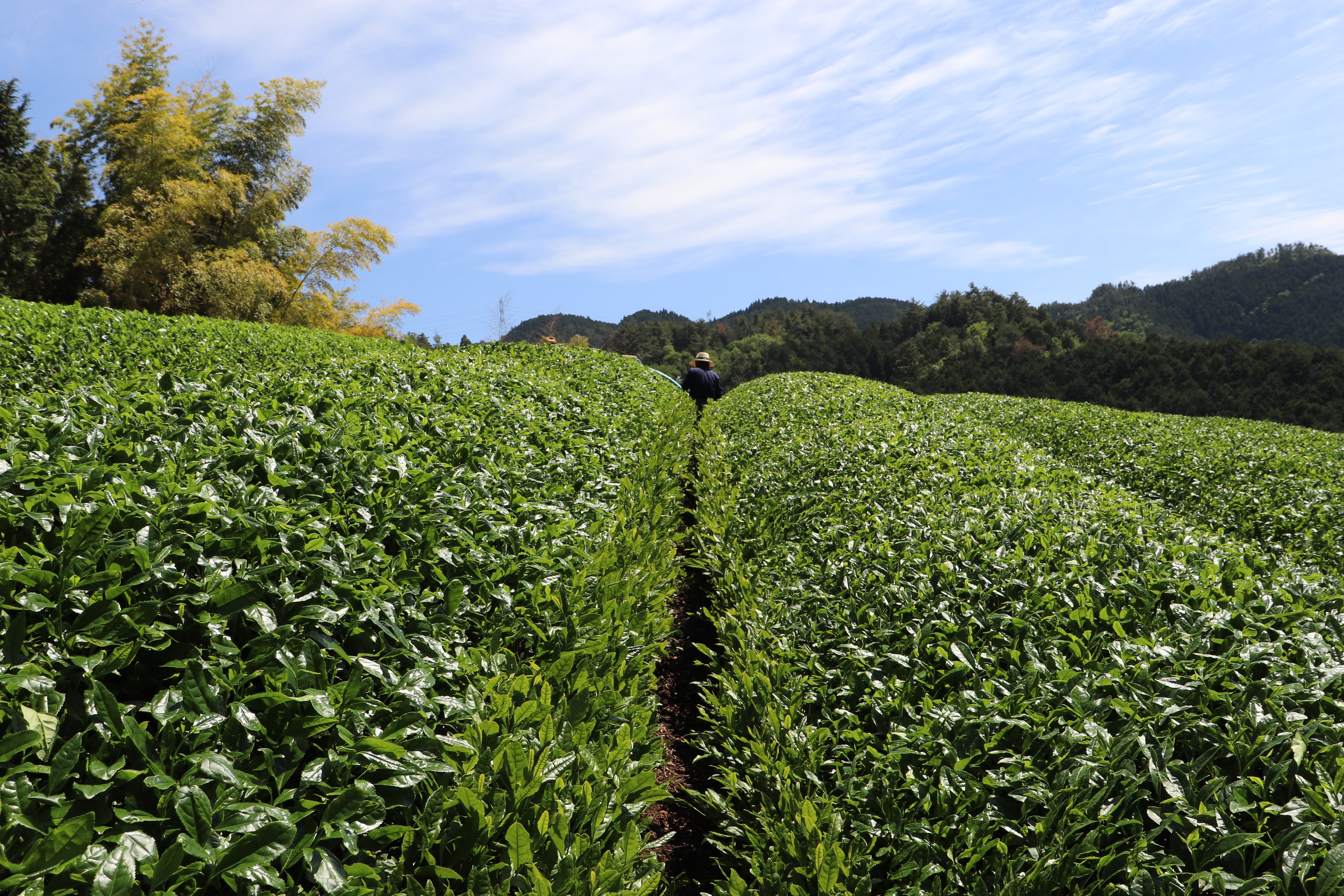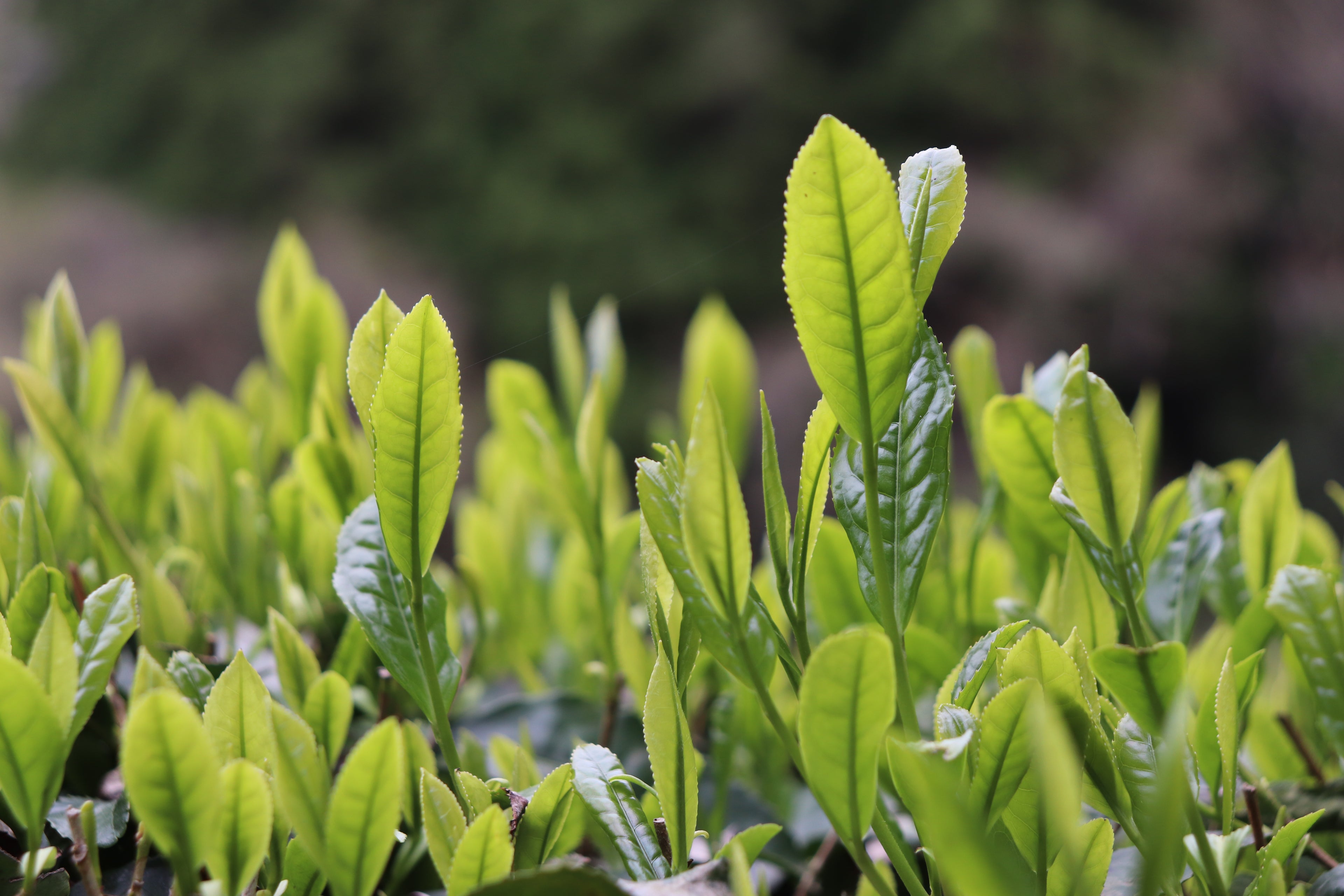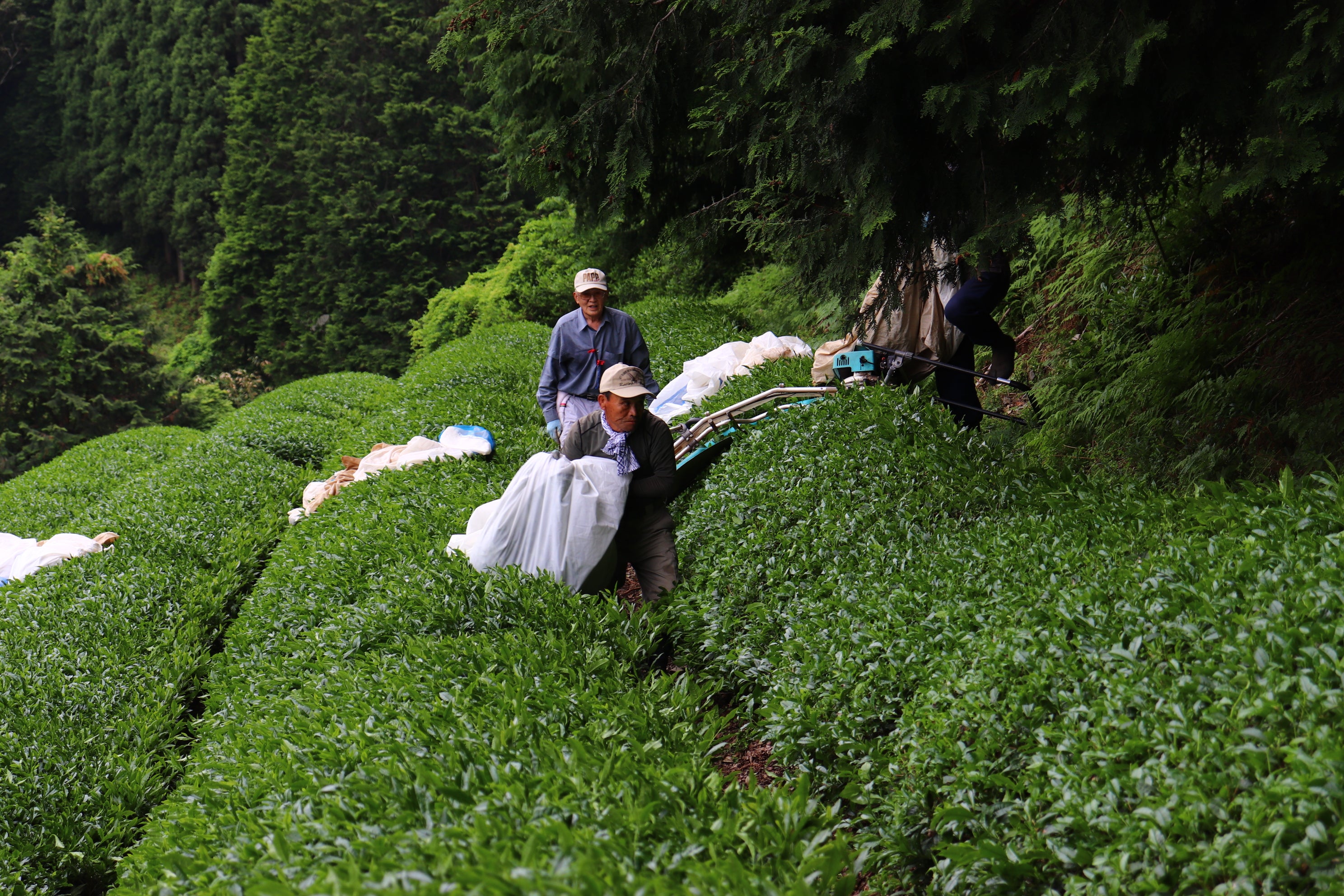


Our commitment to organic
The reason is to solve the issues of the aging tea farmers and the lack of successors in the Japanese tea industry, and to protect the traditional Japanese tea industry.
Currently, Japanese tea farmers are facing the challenges of an aging population and a shortage of successors. The main reason for this is considered that tea farming alone does not provide a sustainable livelihood. In fact, much of Japan's tea is supplied as cheap leaves for bottled tea. As a result, after accounting for fuel costs, labor costs, and maintenance costs for equipment, the profit remaining for farmers is very small.
If this continues, there is a real risk that Japan’s traditional tea industry could be lost due to the decrease in tea farmers. This is why we decided to sell high-value organic tea.
However, organic tea can only be certified after being cultivated for more than three years without using chemical fertilizers or pesticides. Organic farming results in a yield reduction of about 40% in the first year compared to conventional pesticide-based farming (eventually, a unique ecosystem of spiders, mantises, and other creatures is developed in the tea farm to restore balance).
Therefore, for farmers, the uncertainty of whether the tea will sell, along with the temporary reduction in yield and the significant time and effort required to obtain certification, makes it difficult for many farmers to begin organic farming.
For this reason, we are leading the way in selling organic tea and aim to provide an environment where Japanese tea farmers can confidently challenge organic farming. We believe this will help solve the aging and succession problems in the Japanese tea industry and ensure the continuation of traditional Japanese green tea.
What is Organic JAS?

All of our Japanese green teas are certified organic by the Organic JAS (Japanese Agricultural Standards) certification.
The Organic JAS certification is a national standard established by the Ministry of Agriculture, Forestry, and Fisheries of Japan. It is a system that certifies food products grown without relying on chemicals such as pesticides or synthetic fertilizers, using the power of nature instead.
For Japanese green tea, the following requirements must be met to obtain and renew the certification:
- No chemical fertilizers or pesticides have been used for at least three years before harvesting.
- Genetically modified organisms (GMOs) have not been used.
- The certification must be renewed annually through an on-site inspection.
Only products that pass these strict standards and inspections by registered certifying organizations are granted certification.
Additionally, the Organic JAS standards are recognized as equivalent to the organic standards of the USDA and EU.
